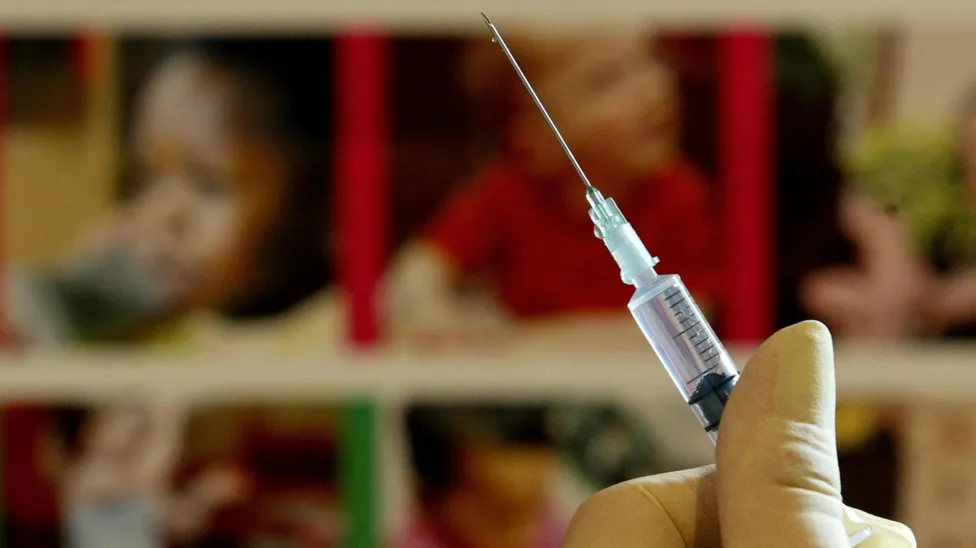STI rates soar: Increases in syphilis, gonorrhoea and chlamydia
Sexual health services in England are grappling with “unprecedented” increases in demand as councils have urged the government to provide them with extra funding.
Two-thirds of council areas have seen increases in rates of sexually transmitted infections (STIs) syphilis and gonorrhoea, according to the Local Government Association (LGA), which represents councils that are responsible for public health across the country.
Data from the Office of Health Disparities – responsible for public health improvement across England – shows that 97% of councils have seen increases in cases of gonorrhoea, with 10 councils seeing numbers triple.
There has been an increase of 76% in rates of syphilis and a 36% rise in cases of chlamydia.
The surge comes amid an increase in requests for sexual health consultations by a third from 2013 to 2022 with nearly 4.5 million consultations conducted last year.
Analysis from the LGA found the public health grant to councils has reduced by £880m.
The body has urged the government to create a 10-year sexual health strategy and to publish the 2024-25 public health grant allocations, which will provide an increase in funding.
In 2023-24, the total public health grant to local authorities will be £3.53bn, according to the Department of Health and Social Care.
Dr Claire Dewsnap, president of the British Association for Sexual Health and HIV, said without “sufficient investment, sexual health service users will face severe challenges in their ability to access expert, timely care”.
She added: “On top of this, the impact of tendering processes has contributed to a lack of stability in the sexual health sector and a depletion of training which further jeopardises the quality and accessibility of services.”
David Fothergill, chairman of the LGA’s Community Wellbeing Board, sided with the need to increase sexual health funding.
“Councils have been working hard to encourage more people to access sexual health services and get tested more regularly to help improve detection rates and catch infections early,” he said.
Mr Fothergill added that investing in the services could help to “prevent longer-term illness and unwanted pregnancies, reducing pressure on our NHS and improving the health of people across our communities”.






